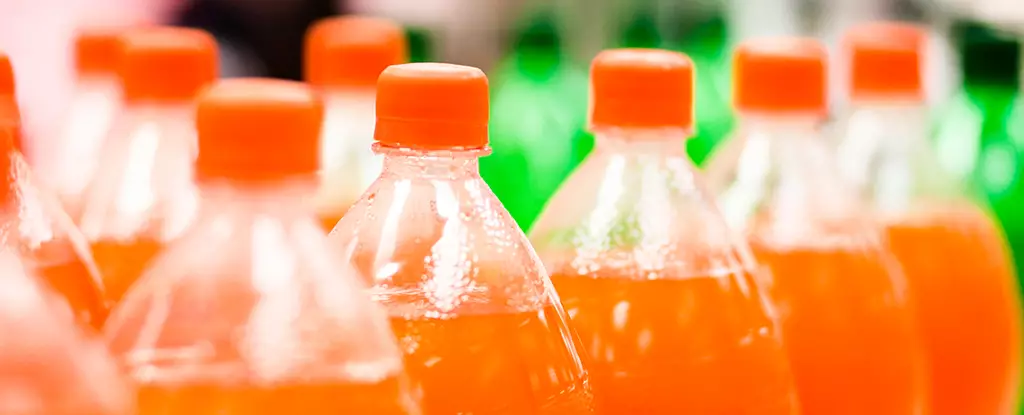In a long-awaited move, the FDA has proposed to revoke the registration of a modified vegetable oil known as brominated vegetable oil (BVO). BVO has been used since the 1930s as an emulsifying agent in citrus-flavored sodas, helping to evenly distribute flavoring agents and prevent them from floating to the top of the beverage. However, recent toxicology studies have raised concerns about its safety and prompted the FDA to take regulatory action. This article explores the potential risks associated with BVO, its ban in various countries, and the steps taken by beverage companies to find suitable alternatives.
One of the primary concerns surrounding BVO is its potential accumulation in fat tissues. Animal studies have indicated that bromine, an element found in BVO, may interfere with the thyroid’s ability to utilize iodine properly. As a result, health authorities worldwide have long been suspicious of the risks associated with this emulsifier. Notably, BVO is already banned in several countries, including India, Japan, and nations of the European Union. In the United States, California recently passed legislation banning BVO, which will come into effect in 2027.
Despite mounting evidence of potential risks, the FDA has been slow to acknowledge the need for regulatory action. In the 1950s, the agency classified BVO as generally recognized as safe (GRAS), a designation granted to ingredients that have been tested or have a history of common use without apparent harm. However, in subsequent decades, questions arose about the toxicity of BVO, leading the FDA to revoke its GRAS classification and restrict its use to concentrations of no more than 15 parts per million in citrus-flavored beverages. Collecting data on the long-term risks of even such low concentrations has proven challenging, relying on extensive studies with large sample sizes.
Over the years, studies have consistently indicated the potential health risks associated with BVO. A UK study in the 1970s revealed the accumulation of bromine in human tissues, while animal studies linked high concentrations of BVO to heart and behavioral problems. Recognizing the need for safer alternatives, major soda drink companies like PepsiCo and Coca-Cola Co. have been gradually phasing out BVO from their products over the past decade. As a result, few beverages in the US currently contain BVO.
Based on recent animal studies and a growing body of evidence, the FDA is now convinced that the risks associated with BVO outweigh any benefits. The agency has proposed revoking BVO’s registration, effectively banning its use altogether. This move represents a significant step towards ensuring the safety of beverages consumed by the American public. However, the ban is subject to a lengthy review process and is unlikely to be finalized before early 2024.
The FDA’s proposal to ban BVO may serve as a precedent for future regulatory actions. The agency is currently reviewing regulations for food additives and considering automatic prohibitions on food coloring agents that have been found to cause cancer in humans or animals. This proactive approach would streamline the bureaucratic process and ensure the timely removal of potentially harmful substances from the food supply.
With the proposal to ban BVO, the FDA is taking a crucial step towards prioritizing the safety of the American consumer. While major soda companies have already phased out BVO, this regulatory action will ensure that all beverages are free from this potentially hazardous emulsifier. As the review process continues, it is essential to recognize the importance of ongoing scientific research and the need for thorough evaluation to maintain the highest standards of food safety. Ultimately, with suitable alternatives readily available and in use around the world, the removal of BVO from beverages is a change that is unlikely to be missed.


Leave a Reply